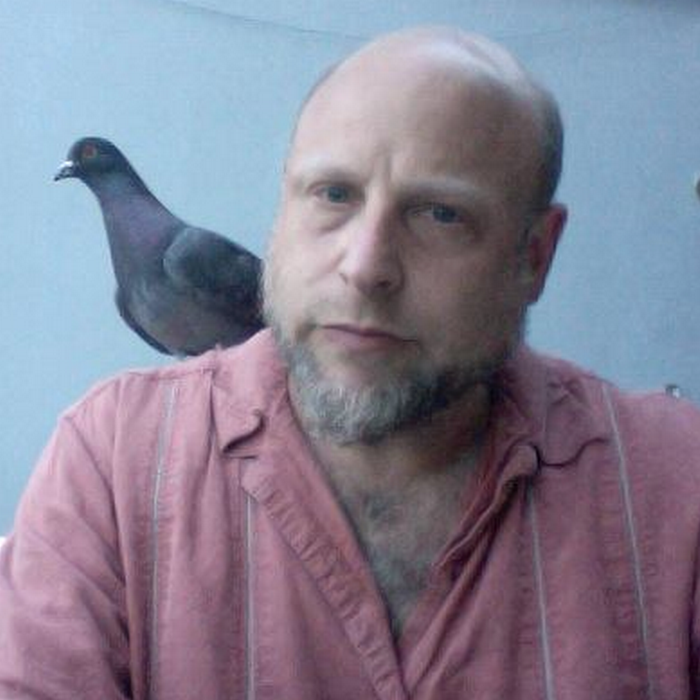Adspaced

Understanding the political and economic dimension of school lunch programs.
Author Jennifer Geist Rutledge examines the global social policies behind school lunch programs - both as an entry point for the welfare state into the lives of poor children, as an endpoint for the national agricultural surplus - and explores the intersection between public health, the state and capitalism on a global scale.
Jennifer is author of the new book Feeding the Future: School Lunch Programs as Global Social Policy from Rutgers University Press.

Sell service: Online marketing and the rise of Black Ops advertising
Media scholar Mara Einstein examines the rise of Black Ops advertising - marketing that crosses between editorial content and corporate messaging, turning publishers into advertisers, advertisers into publishers, and social media users into marketers - and outlines a major disruption to the way journalism is produced and shared online.
Mara is author of the new book Black Ops Advertising: Native Ads, Content Marketing and the Covert World of the Digital Sell from OR Books.

The Obama administration opens national forests and coastal waters for drilling.
Investigative journalist Steve Horn explains how he ended up mentioned in the Wikileaks release of John Podesta's emails, then digs into the Obama administration's environmental record - from expanded drilling in the Gulf Coast "sacrifice zone" and public lands across the country, to a weakening on the Endangered Species Act - sets Trump's climate change denialism firmly within Republican orthodoxy.
Steve wrote the article Obama Admin Quietly Enables Oil and Gas Drilling on Public Lands and Waters, Weakens Endangered Species Act for DeSmog Blog.

Billboard wars, two tailed dogs and Hungary's overwhelmingly underwhelming migrant vote.
Our Man in Budapest (via Sacramento), Todd Williams reports on the recent Hungarian referendum on EU-mandated migrant quotas - from the overwhelming "NO" results in an underwhelmingly attended election, to the rise for the prankster Two-tailed Dog party - and explains why this seeming defeat for PM Viktor Orbán might actually serve to consolidate right wing power ahead of the 2018 parliamentary election.
Todd is a migrant to Hungary himself, but is back in Sacramento for this segment, for the first time in seven years.

A depressive's guide to Mahatma Gandhi.
Live from a depressed state, Jeff Dorchen almost throws in the towel before considering the story of India's independence from Britain, the power of Gandhi's crazy / brilliant / idealistic plan, the failure of that plan, the sucesses of many others, the sneering at universal healthcare, the limits of realism and the power of moronic hatred and the no-betterness of everyone around him.




